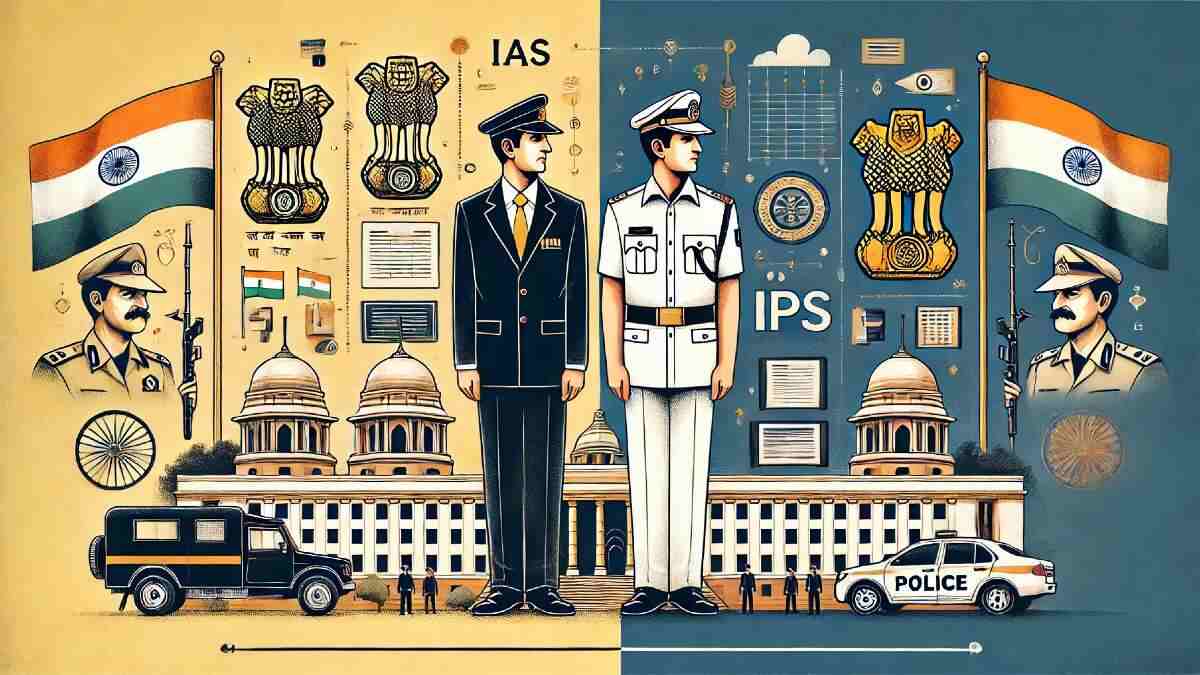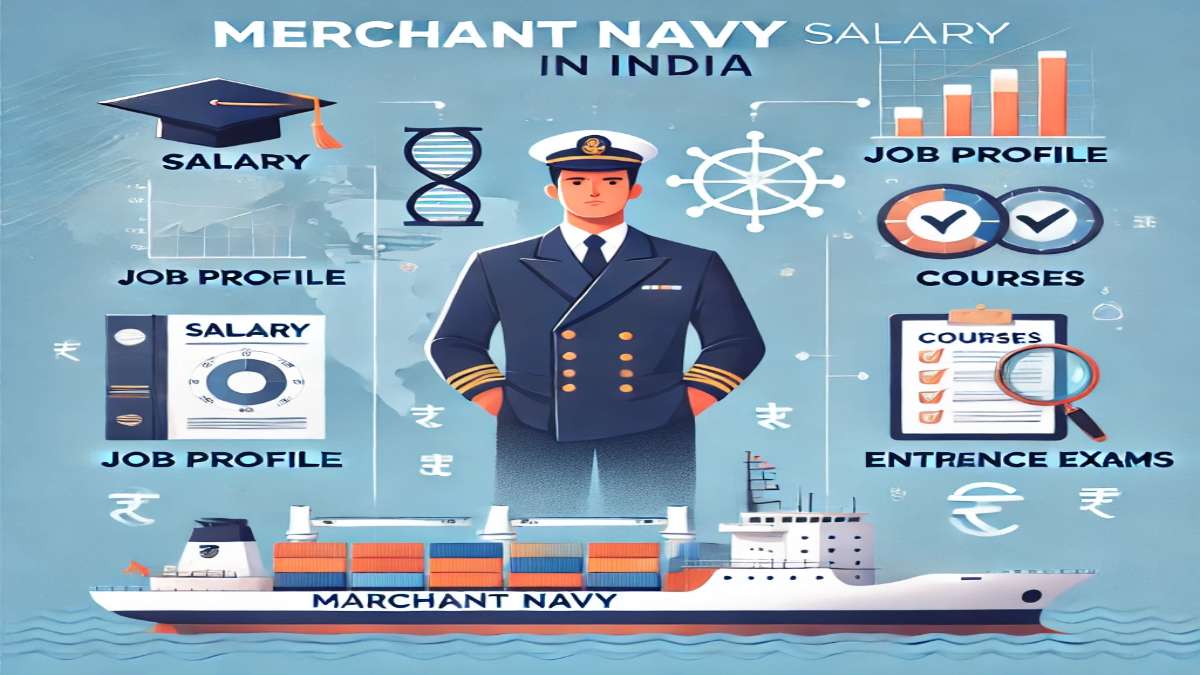Last Updated on January 20, 2017 by Bharat Saini
In a significant reaffirmation of citizens’ rights, the Supreme Court of India reiterated that candidates have the right to access their evaluated answer sheets and interview marks sheets. However, the apex court clarified that the identities of the examiners must remain confidential, emphasizing that disclosing such information could lead to confusion and public unrest.
This reaffirmation comes in the wake of the CBSE Vs Aditya Bandopadhyay case in 2011, where the Supreme Court had unequivocally stated that every examinee has the right to access their evaluated answer-books, either through inspection or by obtaining certified copies. The recent review by the Supreme Court echoes this sentiment, emphasizing that candidates are entitled to receive copies of their answer sheets and interview marks sheets.
The case under consideration was an appeal filed by the Kerala Public Service Commission, challenging decisions by the Kerala High Court and Allahabad High Court. Both high courts had ruled that candidates not only have the right to obtain scanned copies of their answer sheets and interview marks but also the names of the examiners responsible for evaluating their answer sheets. The Supreme Court, however, disagreed with this interpretation.
The Supreme Court asserted that public authorities do not hold answer sheets and interview evaluation sheets in a fiduciary capacity. It argued that transparency in the evaluation process is essential for maintaining the integrity of competitive exams. By allowing candidates access to their answer sheets and interview evaluation sheets, the Supreme Court believes that the fairness of the evaluation process is enhanced, ensuring that candidates receive marks according to their performance.
Furthermore, the Supreme Court emphasized that such a practice promotes fair play in the competitive environment, where candidates invest significant time and effort in preparing for exams. The court’s decision aligns with the principle that transparency fosters trust in the examination system, assuring candidates that their efforts are accurately reflected in the evaluation process.
Despite recognizing the right to access evaluated answer sheets, the Supreme Court stood firm on the confidentiality of examiner identities. It expressed concern that revealing the names of examiners could lead to confusion and public unrest. The court reasoned that examiners need protection from potential repercussions or pressures, ensuring that they can carry out their duties impartially.
The Supreme Court’s decision has far-reaching implications for the examination system in India. While candidates can now be assured of the transparency in the evaluation process, the protection of examiner identities is seen as a necessary measure to maintain the integrity of the examination system.
Educational institutions and examination bodies across the country will need to adapt their practices to align with the Supreme Court’s directive. This decision is likely to be closely scrutinized by stakeholders in the education sector, including students, educators, and administrative bodies responsible for conducting examinations.
In conclusion, the Supreme Court’s reaffirmation of candidates’ rights to access their evaluated answer sheets is a significant step towards fostering transparency in the examination process. However, the careful balance struck by withholding examiner identities underscores the court’s commitment to maintaining the integrity of the examination system while respecting the rights of both candidates and examiners.


